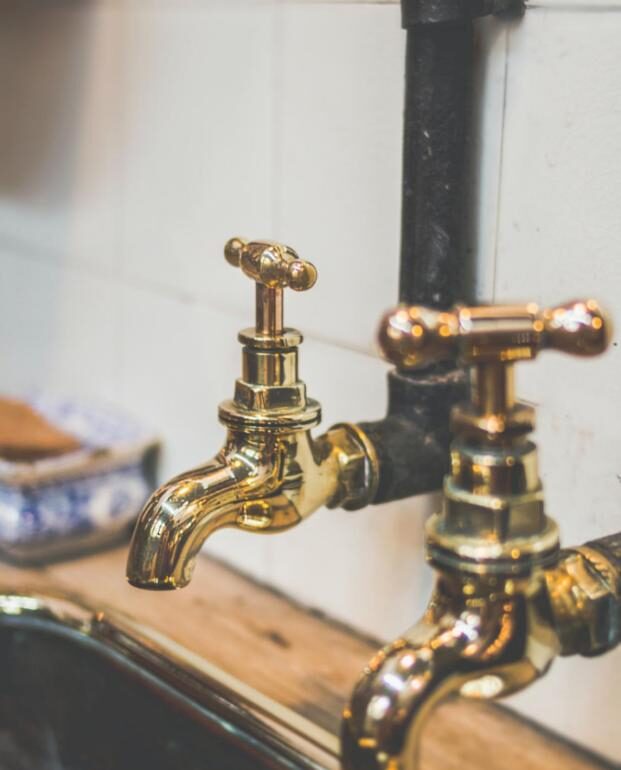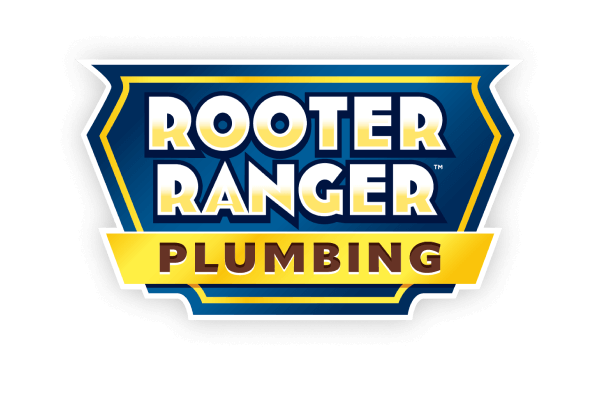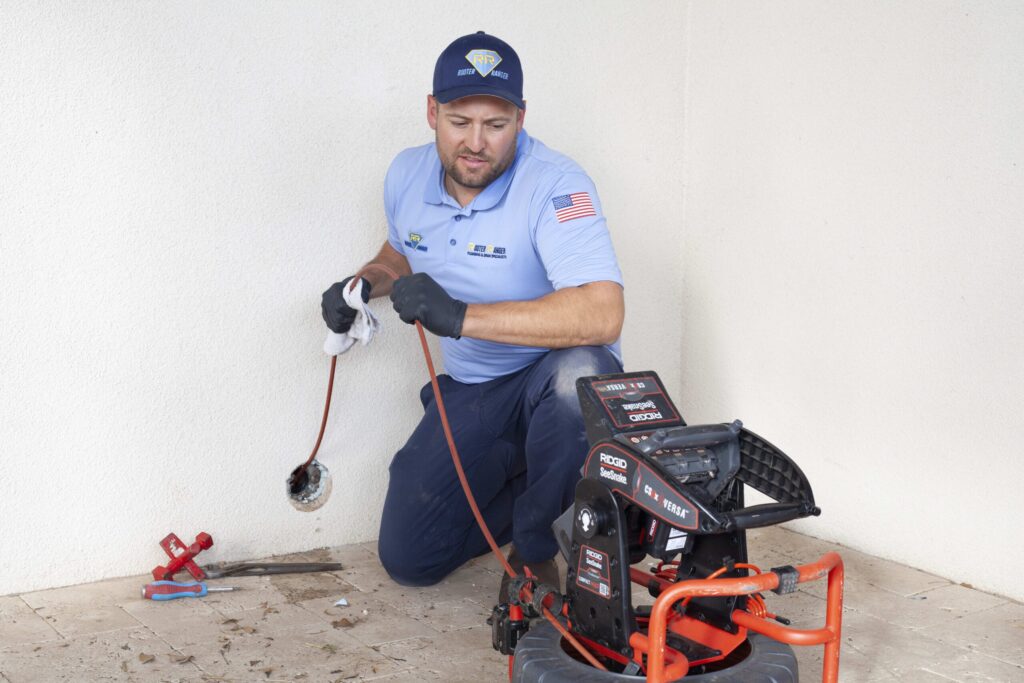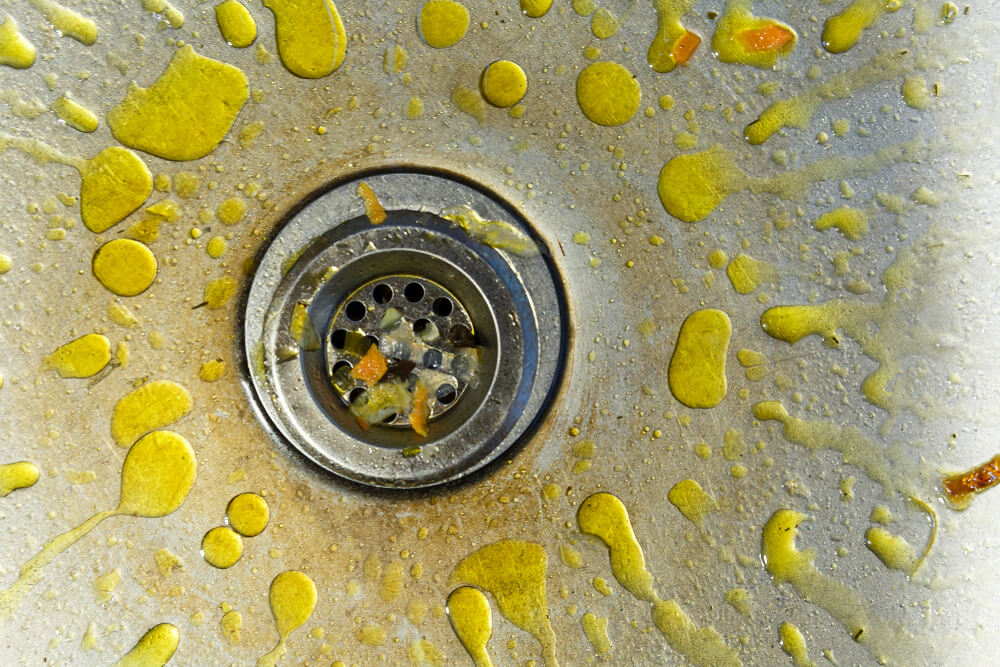Blog
How Do I Know If My Pipes Are Frozen? (Iowa Homeowners Guide)

How do I know if my pipes are frozen? It's a common question our plumbers get during cold Iowa winters.
It starts with a trickle or maybe nothing at all. You turn on a faucet during a cold snap in Des Moines, and the water doesn’t come. If it’s mid-winter in Iowa, frozen pipes are a likely culprit. Acting fast could make the difference between a quick fix and a burst pipe disaster.
So how do you know if your pipes are frozen? Here are the signs, risks, and steps Iowa homeowners need to know.
Why Frozen Pipes Are a Common Problem in Iowa Winters
Des Moines winters bring regular freezing temperatures, especially overnight. Pipes located in exterior walls, crawl spaces, or unheated basements are vulnerable. When water inside those pipes drops to freezing, it begins to expand. If the pipe cannot handle the pressure, it may crack or rupture.
Homes in older neighborhoods, like Beaverdale or Sherman Hill, often have less insulation and outdated plumbing. Even newer homes can face issues if pipes are exposed or airflow is limited.
Freezing weather and poorly protected plumbing combine to create one of the most frequent winter plumbing emergencies in Iowa homes.
Warning Signs Your Pipes Might Be Frozen
Knowing the warning signs can help you catch the issue early and prevent damage.
Watch for:
- Little or no water coming from faucets
- Frost or condensation on exposed pipes
- Unusual sounds, such as banging or whistling, when turning on taps
- A strong or strange odor coming from drains
- Toilets that won’t refill after flushing
- Cold spots on walls or floors where pipes are located
These signs often show up when overnight lows dip into the teens or single digits.
Areas of the Home Where Pipes Freeze Most Often
Frozen pipes are common in areas that lack insulation. These spots are coldest during winter.
Problem areas include:
- Crawl spaces and basements
- Attics with plumbing lines
- Pipes inside exterior-facing walls
- Kitchen or bathroom cabinets along outside walls
- Garages with laundry hookups
- Outdoor hose bibs and spigots
Check these zones first if you suspect frozen pipes.
What to Do If You Think Your Pipes Are Frozen
If you suspect a frozen pipe, stay calm and take these steps:
- Turn off the main water supply to prevent pressure buildup
- Check nearby areas for visible frost or cracks on pipes
- Use warm air from a space heater or hair dryer to gently warm the pipe
- Open faucets to encourage flow as the pipe thaws
- Avoid open flames or high-heat devices
- Call a frozen pipe plumber in Iowa for help
Some pipes thaw on their own, but waiting increases the risk of a burst. If you're unsure, call a professional.
Can Frozen Pipes Burst? (And Why That’s a Big Deal)
Yes. As water freezes, it expands and puts pressure on the pipe wall. Once that pressure becomes too much, the pipe cracks.
A burst pipe can lead to:
- Gallons of water spilling into your home
- Damaged flooring, drywall, and insulation
- Mold growth within days
- Costly repairs and insurance claims
Damage spreads quickly, especially in upper floors or finished basements. Fast response matters.
How Rooter Ranger Helps with Frozen Pipes in Des Moines and Grimes
Rooter Ranger provides frozen pipe help across Des Moines, Grimes, and nearby communities. Our licensed plumbers respond quickly, diagnose the problem, and repair damage before it spreads.
We offer:
- Emergency frozen pipe repair
- Safe, non-destructive pipe thawing
- Inspections to locate freeze-prone areas
- Long-term solutions like pipe insulation or rerouting
If you need help now or want to prevent future problems, we’re here to help.
How to Prevent Your Pipes from Freezing in Iowa Winters
Frozen pipes are avoidable. Most freezes happen in homes without basic protection. We cover full prevention strategies in our related post on winter pipe protection, including insulation tips and thermostat settings.
For now, remember: insulation, airflow, and steady heat are key to prevention.
You can also check out this post for all of our winter plumbing maintenance tips.
Why People Choose Rooter Ranger for Plumbing Services
Homeowners across Iowa trust Rooter Ranger for responsive service and expert care.
What makes us a top choice:
- Local experience with cold weather plumbing
- Fast scheduling for urgent repairs
- Clear, upfront estimates
- Licensed professionals who explain every step
- Solutions that last, not quick patches
From downtown Des Moines to suburban Grimes, we understand Iowa homes and how to protect them through the winter.
Think Your Pipes Might Be Frozen?
If your faucet stops working, your toilet won't refill, or you spot frost on a pipe, don’t wait.
Rooter Ranger provides frozen pipe repair in Des Moines, Grimes, and surrounding cities. Call now at (602) 428-5437 or schedule online to stop damage before it spreads and get your water flowing again.
Frequently Asked Questions
Some pipes thaw in a few hours once temperatures rise or heat is applied. Others may need professional help if located behind walls or underground.
Yes. Shutting off the main valve reduces pressure and helps prevent a burst.
They can, but waiting is risky. If you’re unsure, call a plumber for help.
Most policies cover sudden water damage caused by frozen pipes. Check your plan or call your agent for confirmation.






